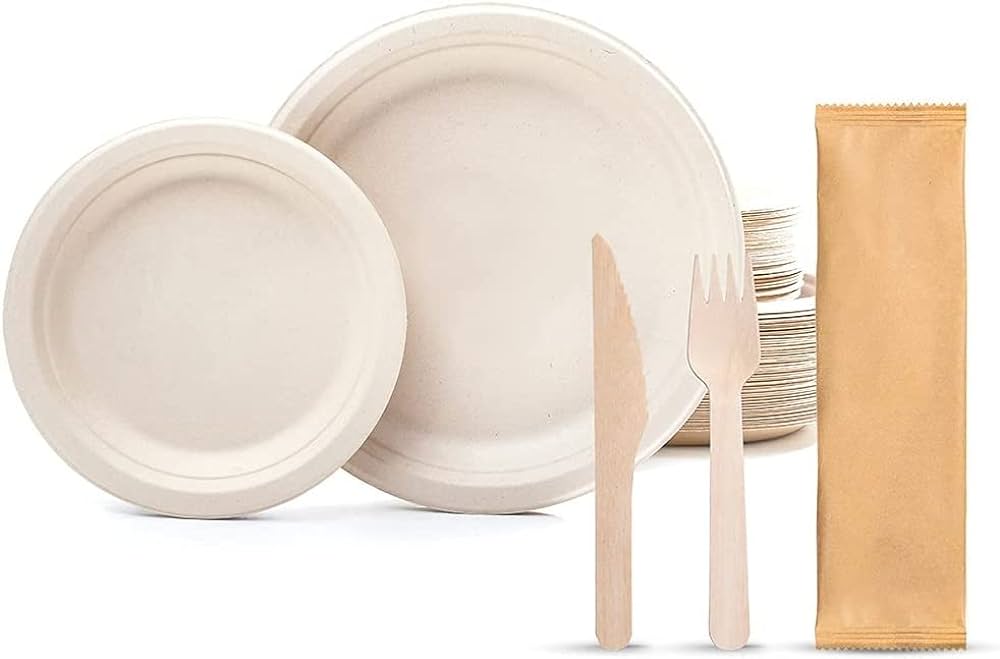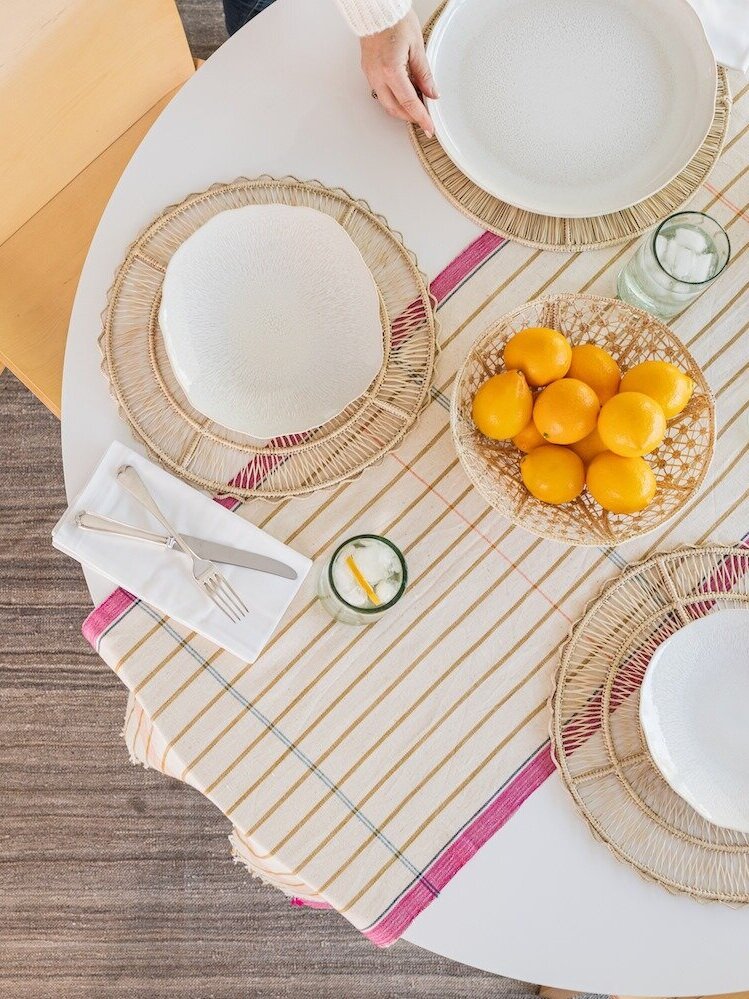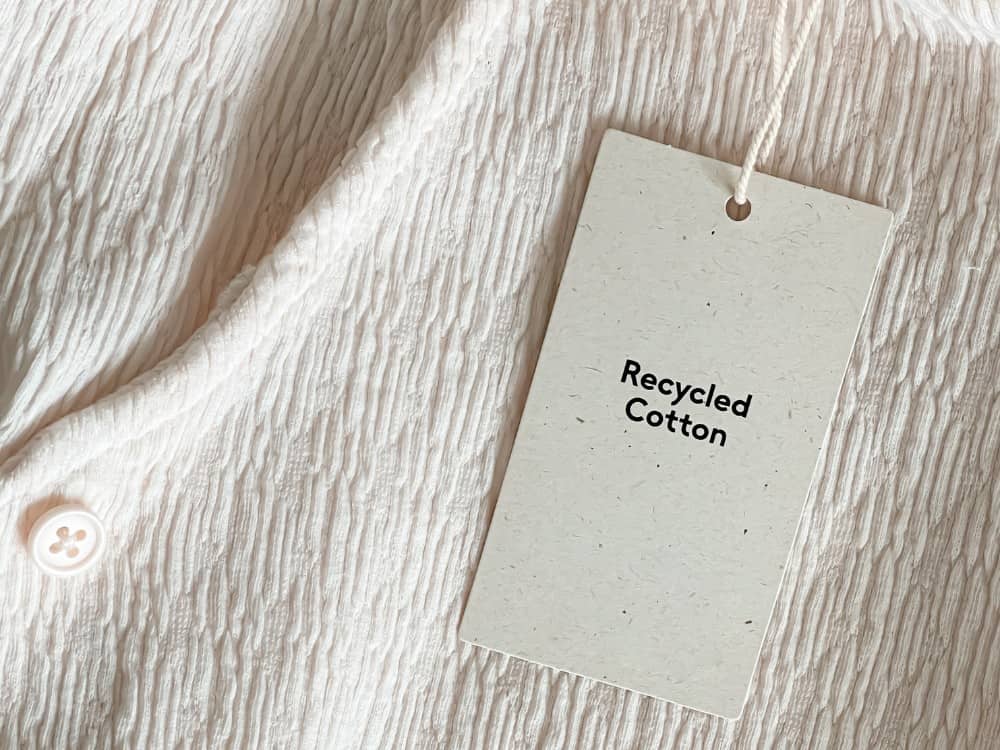
In a world where sustainability and environmental consciousness are becoming increasingly important, revolutionize your lifestyle with these five groundbreaking zero waste living concepts.
From embracing reusable products to implementing composting and recycling practices, to reducing consumption and buying in bulk, this article offers practical and actionable insights to help you minimize waste and leave a positive impact on the planet.
Take charge of your habits and embark on a journey towards a more sustainable and fulfilling life.
Reusable Products
One key aspect of adopting a zero waste lifestyle is the use of a variety of reusable products. By incorporating sustainable fashion and DIY projects into your daily routine, you can significantly reduce your carbon footprint and contribute to a more sustainable future.
Sustainable fashion focuses on creating clothing and accessories that are made from eco-friendly materials and produced in an ethical manner. By choosing sustainable fashion items, you can minimize waste and support brands that prioritize environmental responsibility.
Additionally, engaging in DIY projects allows you to repurpose and upcycle items, giving them a new lease on life instead of throwing them away. This not only reduces waste but also encourages creativity and resourcefulness.
Composting
Composting is a vital practice in achieving a zero waste lifestyle. It is the process of breaking down organic waste materials, such as food scraps and yard trimmings, into nutrient-rich compost that can be used to enrich soil and grow plants.

There are different methods of composting, including traditional composting, vermicomposting, and anaerobic digestion. Traditional composting involves creating a pile of organic waste materials and allowing them to decompose over time. Vermicomposting, on the other hand, uses worms to break down the waste materials and produce compost. Anaerobic digestion is a process that converts organic waste into biogas and nutrient-rich liquid fertilizer.
Recycling
Continuing the sustainable journey towards zero waste living, recycling plays a crucial role in diverting waste from landfills and promoting resource conservation. Recycling is the process of converting waste materials into reusable materials, reducing the need for new raw materials and energy consumption. It is an essential practice that helps conserve natural resources, reduce pollution, and minimize the environmental impact of waste disposal.
One important aspect of recycling is upcycling, which involves transforming waste materials into new products of higher value or quality. By upcycling, we can give a new life to items that would otherwise end up in landfills. This not only reduces waste but also encourages creativity and innovation.
Another area of recycling that is gaining importance is e-waste management. With the rapid advancement of technology, electronic waste has become a significant concern. Proper e-waste management ensures that electronic devices are recycled or disposed of in an environmentally friendly manner, preventing hazardous materials from leaching into the soil and water.
Incorporating recycling into our daily lives is a simple yet impactful way to contribute to a sustainable future. By reducing waste, upcycling, and properly managing e-waste, we can help preserve our planet for future generations.
Reducing Consumption
To further promote sustainable living and minimize waste, a key step is to reduce consumption. Embracing minimalism is a powerful way to achieve this. By decluttering our lives and focusing on what truly brings us joy and value, we can break free from the cycle of mindless consumerism.
Minimalism encourages us to live with intention, to carefully consider our purchases, and to prioritize experiences over material possessions. Another aspect of reducing consumption is embracing sustainable fashion. Fast fashion has a devastating impact on the environment due to its high resource usage and waste generation.

Buying in Bulk
Purchasing products in bulk is an effective strategy for reducing packaging waste and promoting sustainable living. Not only does buying in bulk minimize the amount of packaging waste that ends up in landfills, but it also offers numerous benefits to individuals and the environment.
One of the key advantages is the cost savings associated with bulk purchases. Buying in large quantities often means lower prices per unit, allowing consumers to save money in the long run.
Additionally, buying in bulk reduces the need for frequent trips to the store, saving time and reducing carbon emissions from transportation.
Furthermore, bulk purchases can help with efficient food storage, as larger quantities can be stored and used as needed.
Frequently Asked Questions
Can I Use Reusable Products for All Aspects of My Life, Including Personal Care and Household Cleaning?
Yes, it is possible to use reusable products for all aspects of your life, including personal care and household cleaning. This includes transitioning to sustainable alternatives for personal care in the zero waste bathroom and using eco-friendly cleaning products for non-toxic cleaning.
How Long Does It Take for Compostable Materials to Break Down in a Compost Pile?
Composting time refers to the duration it takes for compostable materials to break down in a compost pile. The breakdown speed varies depending on factors such as temperature, moisture, and the composition of the materials.
Are There Any Materials That Cannot Be Recycled?
There are certain materials that cannot be recycled, such as biodegradable plastics. However, it is important to consider alternatives to recycling, such as reducing consumption, reusing items, and utilizing composting methods, to minimize waste and promote a sustainable lifestyle.

How Can I Effectively Reduce My Consumption of Single-Use Plastics in My Daily Life?
Reducing plastic consumption in daily life can be effectively achieved by adopting sustainable alternatives such as using reusable bags, bottles, and utensils, opting for package-free products, and supporting businesses that prioritize eco-friendly packaging.
Is Buying in Bulk Always More Cost-Effective Compared to Buying Individual Packaged Items?
When considering the cost-effectiveness of buying in bulk versus individual packaged items, it is important to weigh the upfront cost, shelf life, and personal consumption habits. Conducting a thorough cost comparison analysis can help inform purchasing decisions.
 Business & FinanceHealth & MedicineTechnologyLifestyle & CultureScience & EnvironmentWorld NewsPrivacy PolicyTerms And Conditions
Business & FinanceHealth & MedicineTechnologyLifestyle & CultureScience & EnvironmentWorld NewsPrivacy PolicyTerms And Conditions
